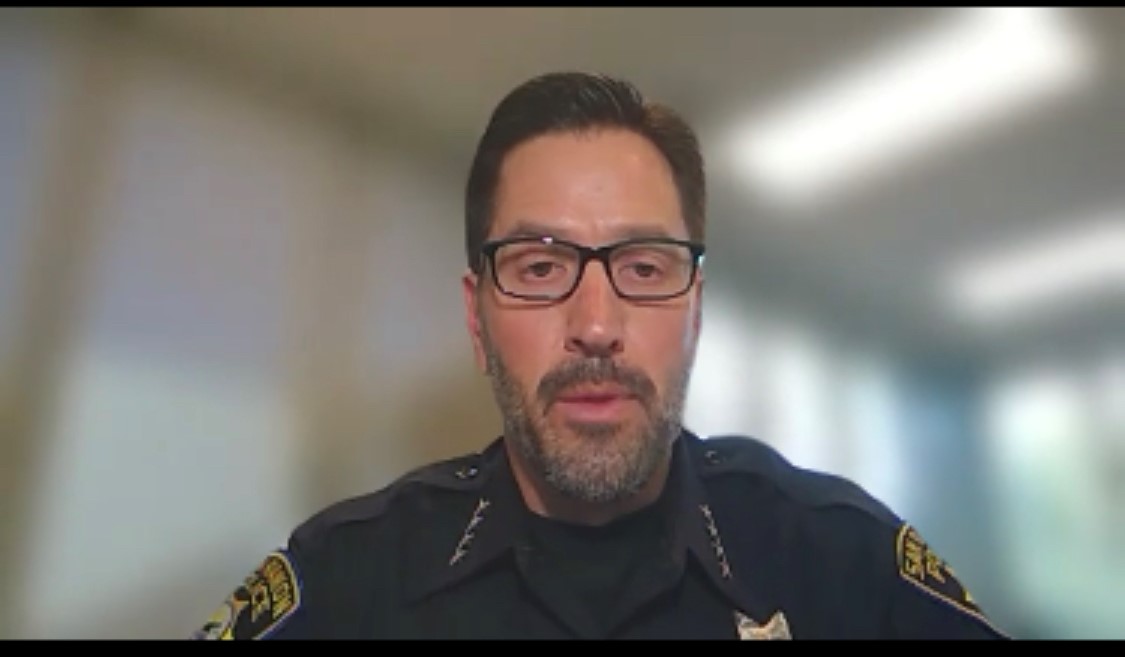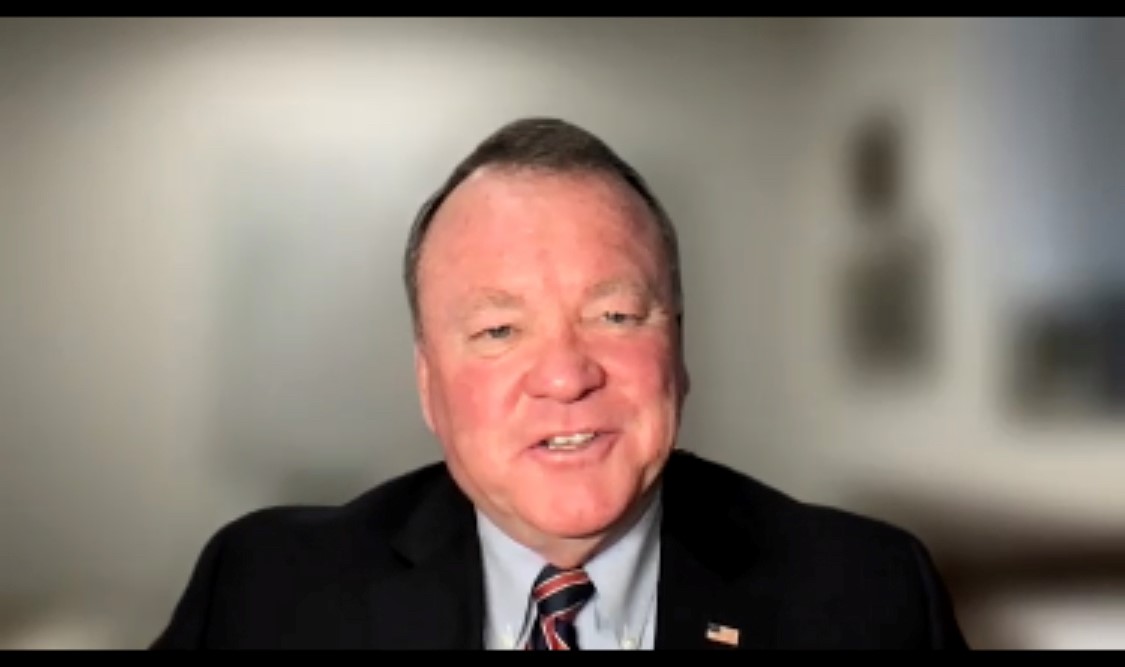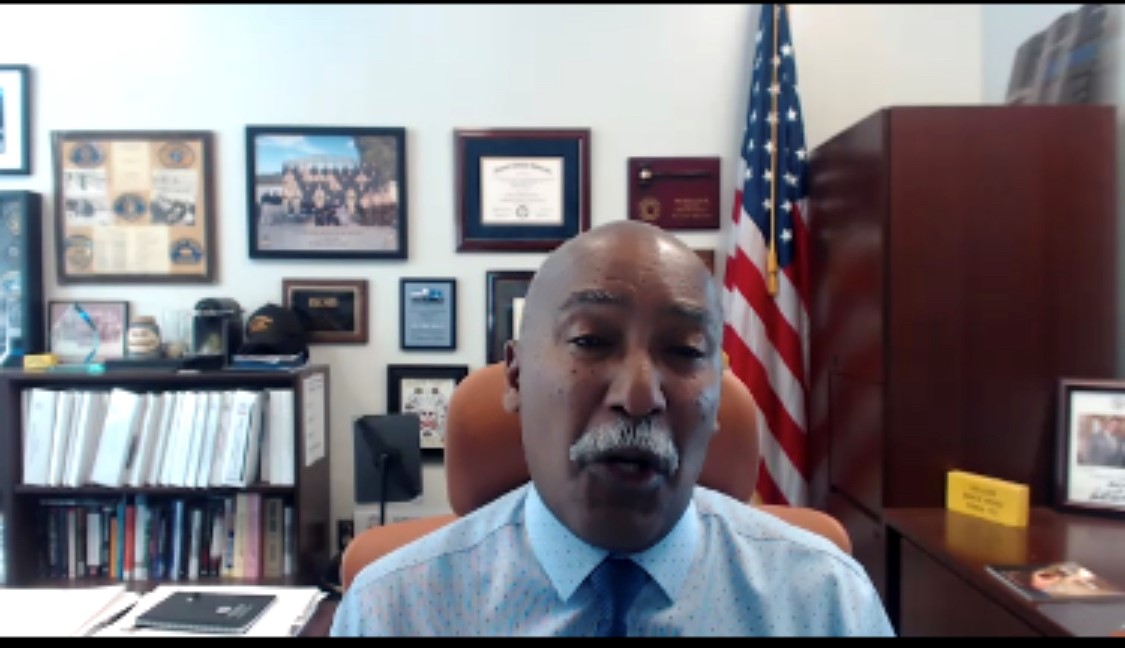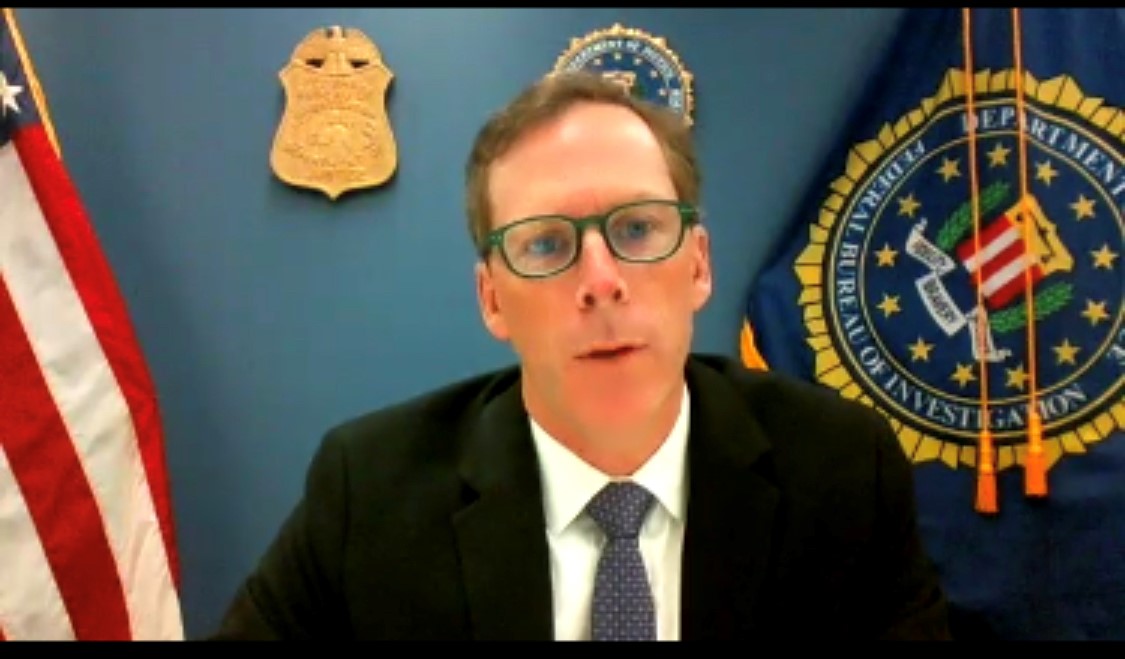ACT Against Hate Alliance Media Program Hosts Law Enforcement Experts in Roundtable to Identify Effective Hate Crime Solutions
Los Angeles, CA (February 08, 2023) – The increase in hate crime across the United States is staggering. It represents a threat to the safety and well-being of every individual, whether directly targeted on not. Impacted communities are changed in a long-lasting way by hate crime and their sense of unity is often permanently shaken. Media coverage is limited to the most prominent hate crimes because many victims are too fearful to report them, a fact which only compounds the devastation.
ACT Against Hate Alliance (AAHA) was founded to identify solutions to hate crimes and, through its monthly AAHA Media Program, brings together national experts with a sharp focus on solutions. The February 8th program presented a roundtable with participants from multiple levels of law enforcement engaging in a dynamic exchange about essential measures and the need for broad stakeholder collaboration to stem the spread of hate crimes.
Roundtable experts were Jim McDonnell, former LA County Sheriff, now Director of the Safe Communities Institute at USC’s Price School of Public Policy; Walt Allen, former director of the California Youth Authority, currently running Rio Hondo Police Academy; Denton Carlson, Chief of Police, San Ramon; Domingo Herraiz, Director of Programs, International Association of Chiefs of Police; and Brian T. Gilhooly, Special Agent In Charge, FBI Criminal Investigations Division at the LA Field Office.
The increase in hate crimes can be partially attributed to the lack of accountability for those who commit them.
“If you tolerate it, you encourage it,” said Chief Carlson, reflecting on the recent high-profile case in San Ramon. “If you don’t take action to stop it, you encourage it.”
His department has worked hard to build communication and a relationship of trust with the citizens of San Ramon, many of whom are immigrants.
Roundtable participants highlighted the changing landscape of policing across the United States and how the requirements for police officers have expanded to include many added responsibilities and expectations. McDonnell, who headed the LA Sheriff’s Office, was Long Beach Police Chief, second in command at LAPD, and now teaches at USC, underscored the enormous value of being able to share information to see what is trending in other areas and working effectively.
“We have a relatively small number of people in our society who would engage in this type of behavior so it’s important that those in law enforcement be aware of who those individuals are, what movements they’re affiliated with, and how they operate,” McDonnell said during the AAHA forum.
Social media has contributed to the rise in hate crime, according to Herraiz, who emphasized that even some people in high positions use hate speech in posting, while many others hide behind social media to avoid accountability for their statements.
Allen, who has spent over 50 years as a leader in government, law enforcement, and education, talked about the importance of effective community mental health treatment programs, since mental health issues can often have a relationship to hate crimes. Implementation of officer wellness programs at all levels, according to Allen, is likewise key to ensuring that the police have the needed support to be prepared for their daily, high-stress work.
FBI Special Agent Gilhooly underscored how collaboration among law enforcement agencies is critical to addressing hate crimes, because it means bringing the “best skill set together to solve the crime.” Gilhooly stressed the availability of federal resources to assist victims of hate crimes, including trained language and cultural specialists to facilitate the process of victim communication in reporting hate crimes and incidents.
The roundtable discussion led to several proposed solutions. These include education, police training, community engagement, hate crime prosecution, victim outreach, mental health treatment, effective use of technology, social media monitoring, comprehensive data collection, and accurate media coverage.
The ACT Against Hate Alliance Law Enforcement Roundtable recording may be accessed upon written request at [email protected].
















